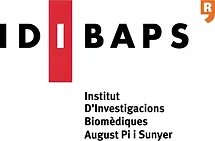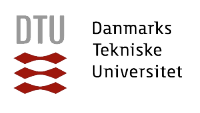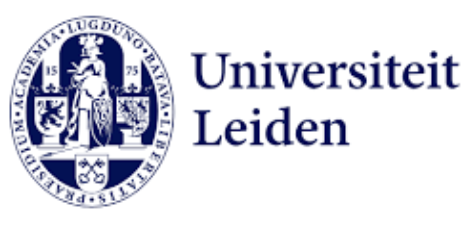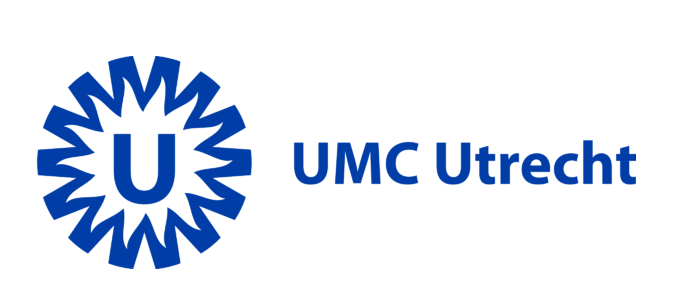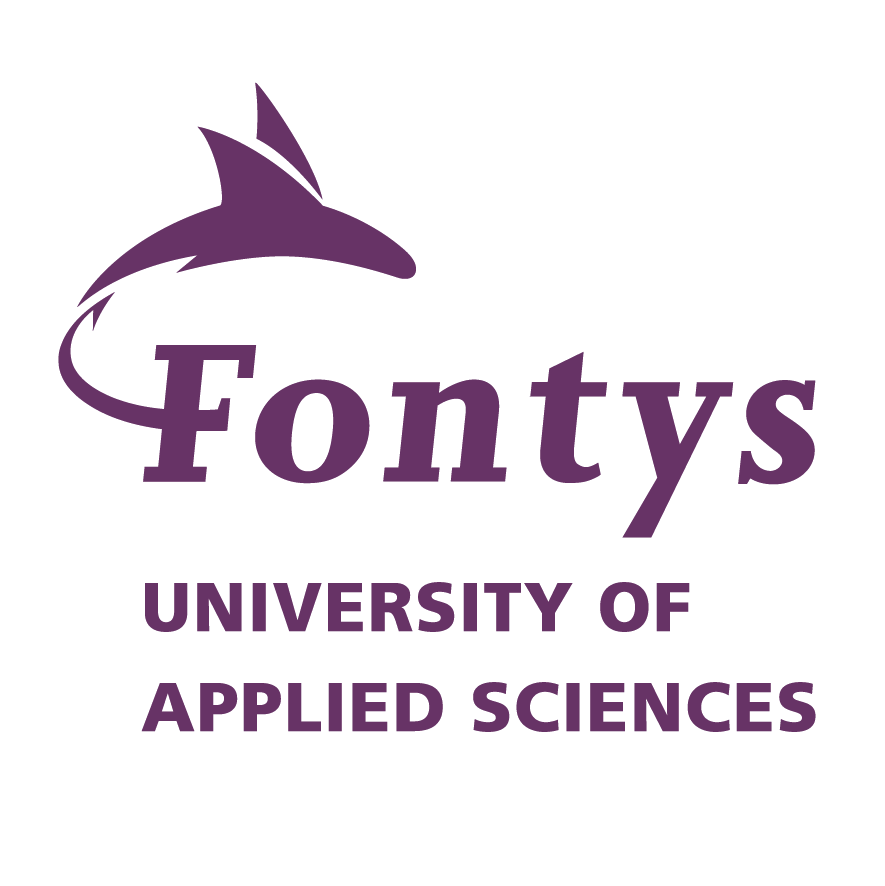PARTNERSHIPS
FOR THE FUTURE OF MEDECINE
in major projects
Poietis, partner of groundbreaking European consortium
From X to Y, Poietis is involved in large scale projects
There is convincing evidence, in animal models and in humans, that deep osteochondral defects of the joint surface lead to a high rate of osteoarthritis (OA) over time.
JOINTPROMISE paves the way for high-volume, affordable production of entire biological joints, addressing a major socioeconomic challenge of the European ageing society.
Taken together we strive to develop an automated, GMP-grade platform producing large, patterned and vascularised joint implants providing also a paradigm shift for generic automated manufacturing of organoid-based tissue implants.
The 4-Deep Brain Reconstruction (4-DBR), a Horizon European Innovation Council (EIC) Pathfinder Open project, aims to develop a conceptually novel brain reconstruction to treat patients who suffer from neurodegenerative disorders.
Due to the complexity of the brain, current approaches and techniques to treat neurodegenerative diseases do not allow for a correct recapitulation of the brain properties. Thus, the 4-DBR Consortium will overcome the most frequent limitations encountered in cell-based transplants of dissociated cells and organoids. We aim to develop an implantable 4D bioprinted reconstructed brain able to mimic all properties and functions of the human brain.
Researchers at Utrecht, led by TU/e Professor Jaap den Toonder, have been awarded a 4.8 million euro NWO Perspective grant to set a universal standard for disease modeling in the pharmaceutical industry.
As part of the hDMT consortium, Utrecht’s research prowess shines in developing advanced organ-on-chip models, including brain, heart, joint, and liver technologies.
These innovations have already yielded spin-outs and are integral to the ambitious goal of creating a ‘virtual human’ for more accurate drug testing and disease research, solidifying Utrecht’s role as a leader in biomedical innovation.
FAB4FUTURE
A biofabrication toolbox for the next generation of sustainable living materials in life sciences
Creating and controlling 3D living objects made from materials and cells is crucial for future advances in medicine and sustainability.
However, we currently face challenges in fidelity and speed that hold back innovation in healthcare and food production. To address this, a customized biofabrication toolbox is being developed that combines multiple fabrication methods and AI technologies, enabling customizable and scalable production of life/material combinations.
This toolbox will enable breakthroughs in 3D models for cardiovascular disease and 3D-printed meat to advance the Netherlands’ position in critical economic areas.
Large-Scale Neo-Cartilage Engineering (LS-NeoCarE)
Regenerative treatment technologies for osteoarthritis
LS-NeoCarE consists of 5 university/medical centre partners, 3 applied universities, 9 public and private partners in the Netherlands, and 1 private partner in France.
The impact plan approach fits best for LS-NeoCarE as the project is focused on engineering a novel approach for the treatment of OA with a clear societal impact.
LS-NeoCarE will develop novel and innovative technologies that will create industrial opportunities.
AI-BioRM
AI-driven Automation for precision Biofabrication of Functional Cartilage Tissue in Regenerative Medicine
Adaptive LIving Engineered organs project (ALIVE)
The proposal targets breakthroughs in living materials technology, engineering functional tissues for medical use and bio-batteries for sustainable energy applications.
MultiSMART Horizon MSCA-DN-2021 Project
The Doctoral Network brings together academia and industry partners for collaborative research and training in molecular soft materials.
Do you want to know more about NGB platform?








